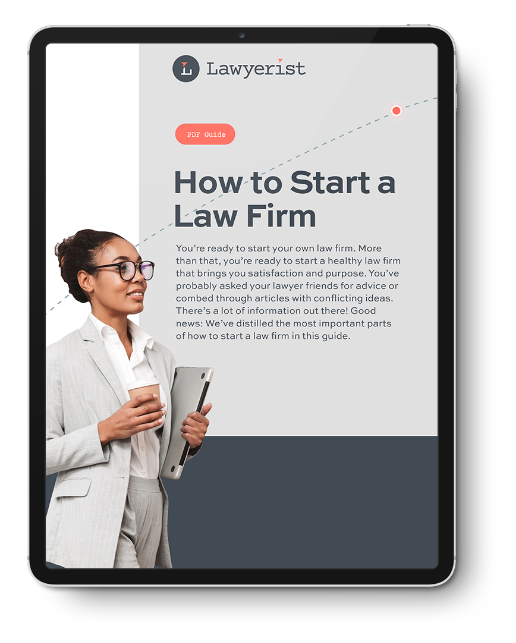Home » How to Start a Law Firm » Funding & Financing a New Law Firm
Legal product reviews and business guidance from industry experts.
Chapter 2/6
Funding & Financing a New Law Firm
How to Start a Law Firm
9 min read

Download the Full Guide
Guides Parent Form
Already an Insider? Log in to your account to receive your e-book!
